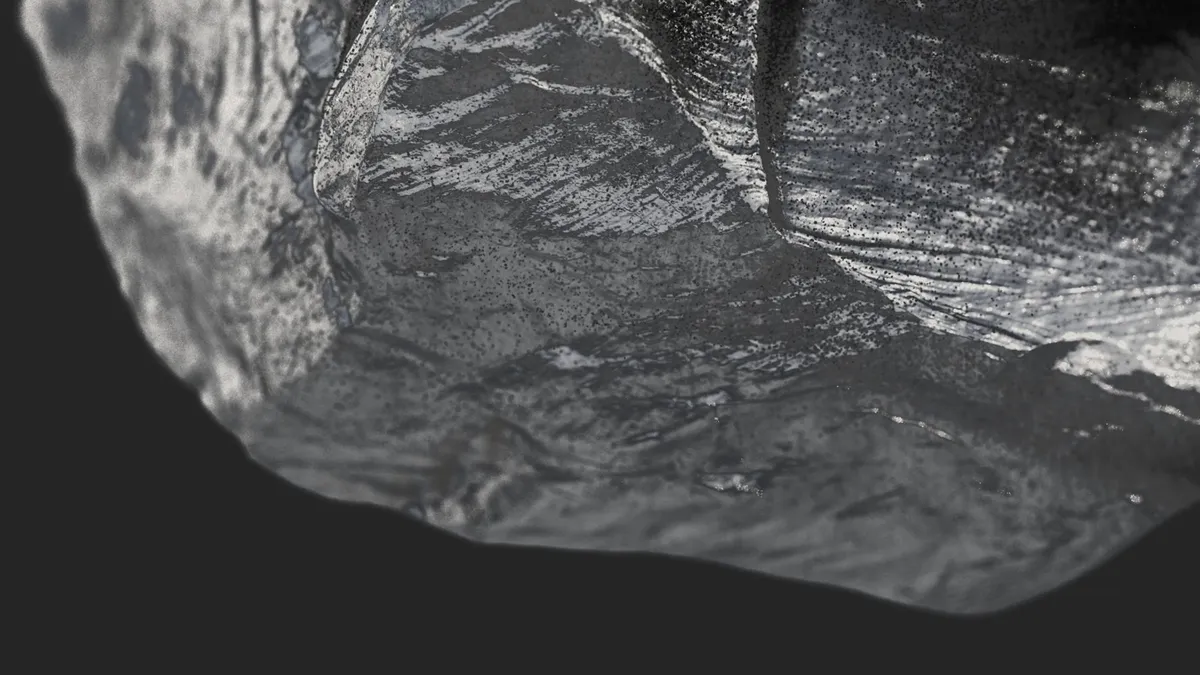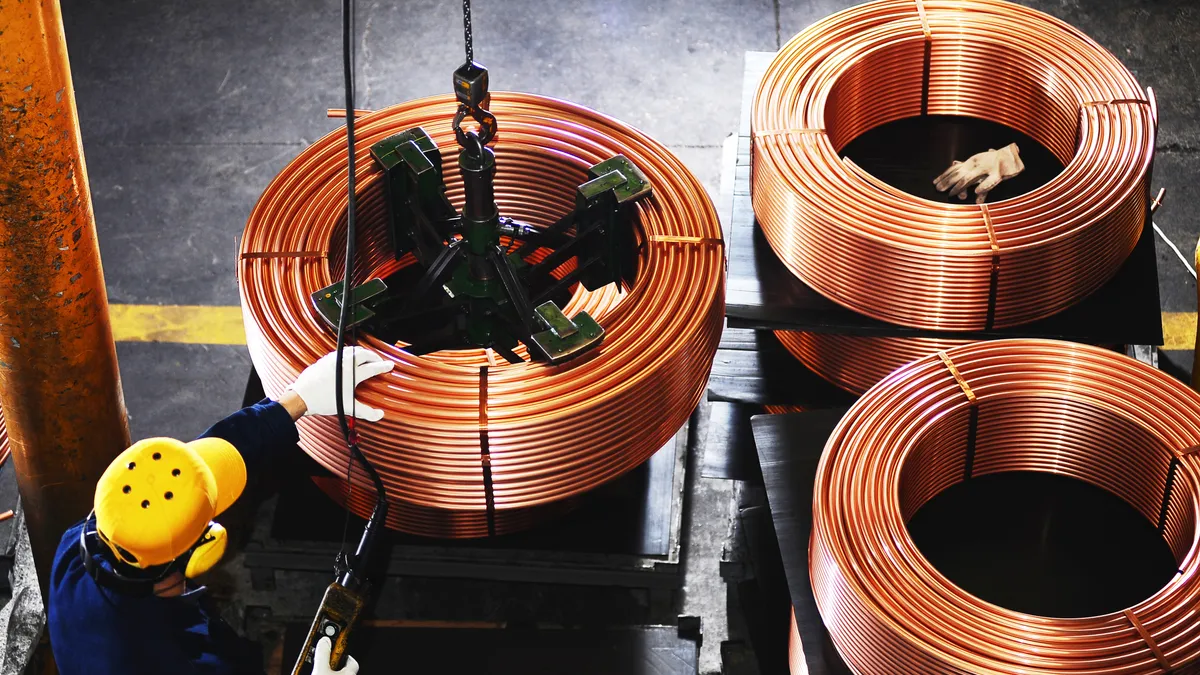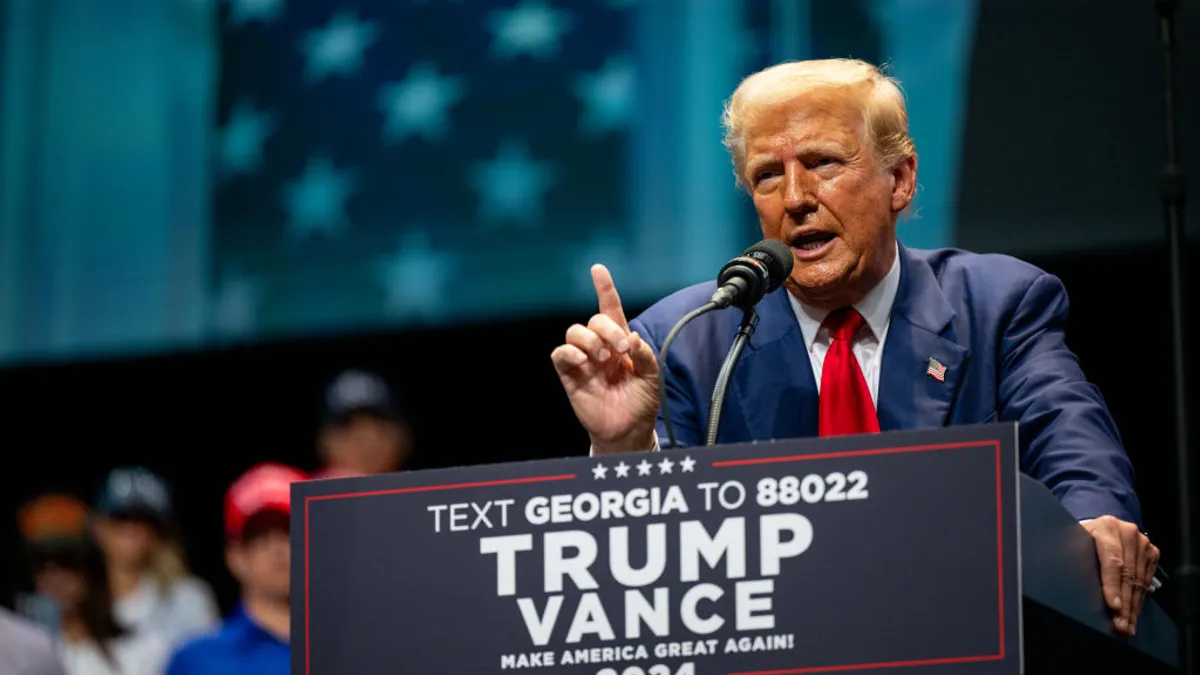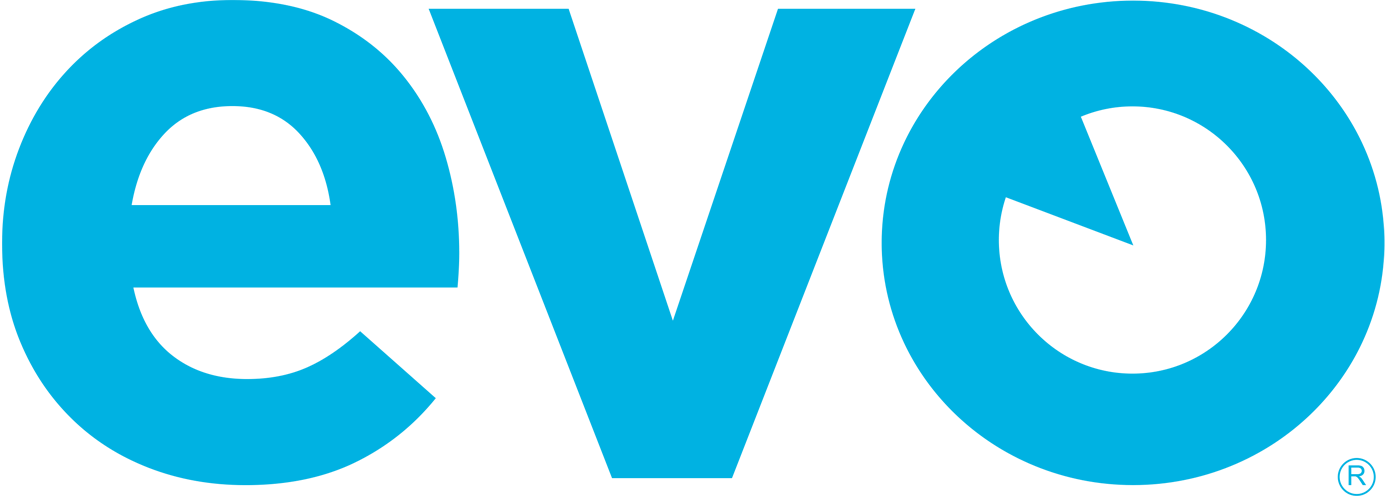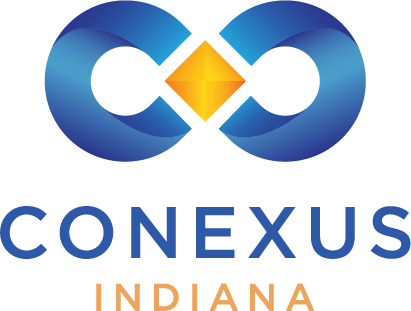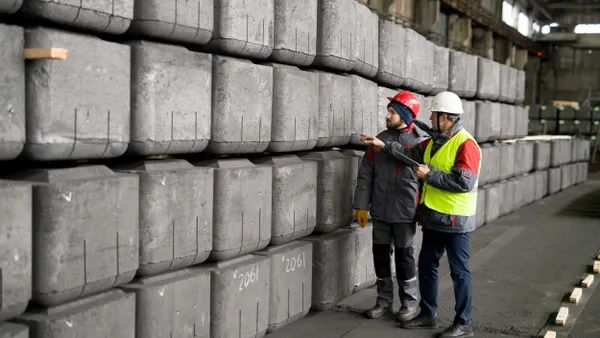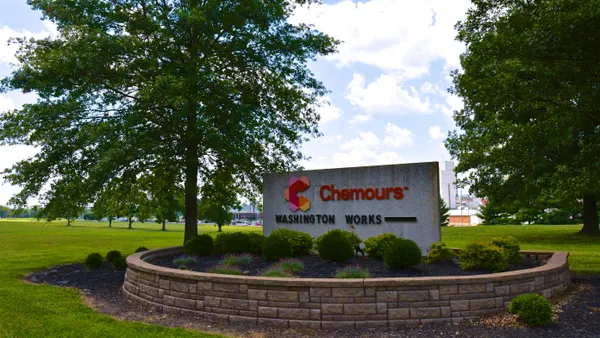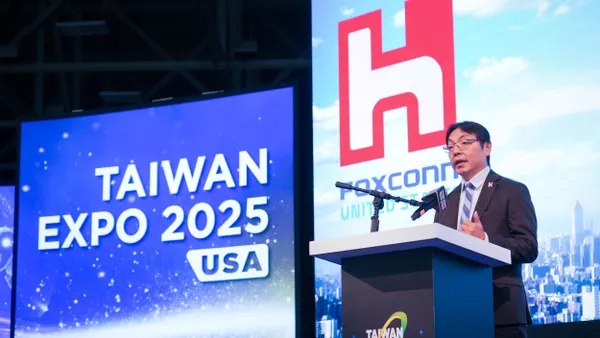Dive Brief:
- Australia-based Sicona Battery Technologies will build its first silicon-carbon anode materials production plant in the Southeastern U.S., the company announced on Monday.
- The plant will produce 6,700 tons of silicon-carbon per year, making it the largest producer thus far in the U.S., according to the company.
- While an opening date has not been announced, Sicona Battery has started talks with U.S. customers to provide Inflation Reduction Act-compliant supply as their projects ramp up over the next 12 to 18 months.
Dive Insight:
The battery materials company’s plans for the U.S. are part of a broader expansion global plan.
By the early 2030s, Sicona plans to expand its U.S. production to a total output of 26,500 tons annually, enough silicon-carbon anode materials to power more than 3.25 million electric vehicles per year.
"Sicona's vision is to be the largest silicon-carbon battery materials producer in the world and today's announcement is the first major step towards the realisation of that goal," CEO and co-founder Christiaan Jordaan said in a statement.
Only a handful of other companies have announced plans for upcoming silicon battery materials facilities in the U.S. Group14 Technologies announced it was building a second factory in Washington last April, while Sila Nanotechnologies aims to begin production at its Washington plant later this year, producing enough anode to fuel up to 500,000 EVs annually.
Sicona’s anode materials increase the energy density of lithium-ion batteries by 20% more than conventional graphite-only lithium-ion battery cells, according to the company. They also reduce charge times by more than 40%.
"We believe by going mass scale with our technology we can have maximum impact on increasing the adoption of electric vehicles,”Jordaan said. “This is because our product has a real impact on the charge time of an electric vehicle or how far you can drive your EV before recharging, which are two major factors holding people back from buying an EV.”
Sicona worked with construction company Bechtel to conduct an engineering study last year to build the U.S. EV battery component manufacturing facility.



